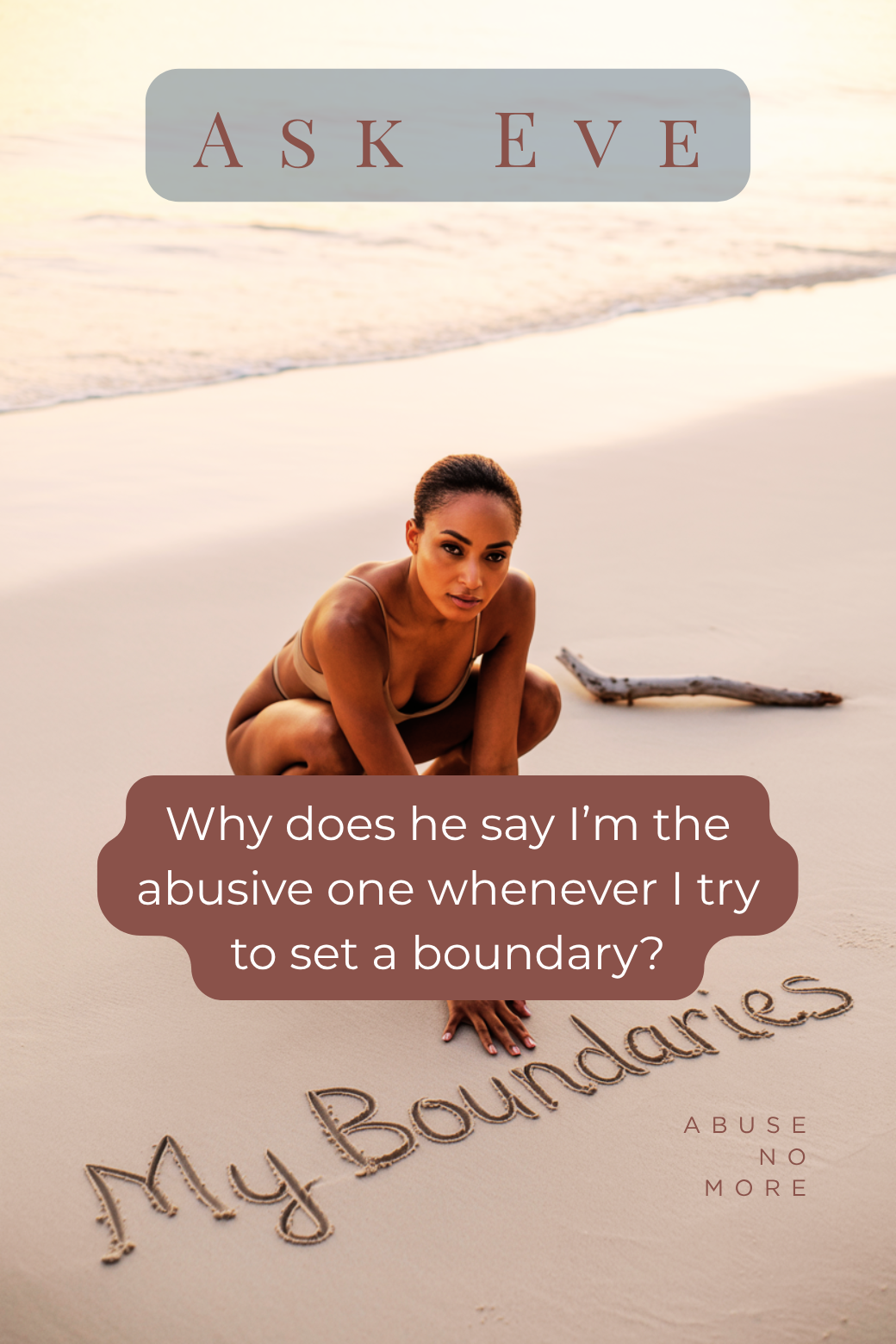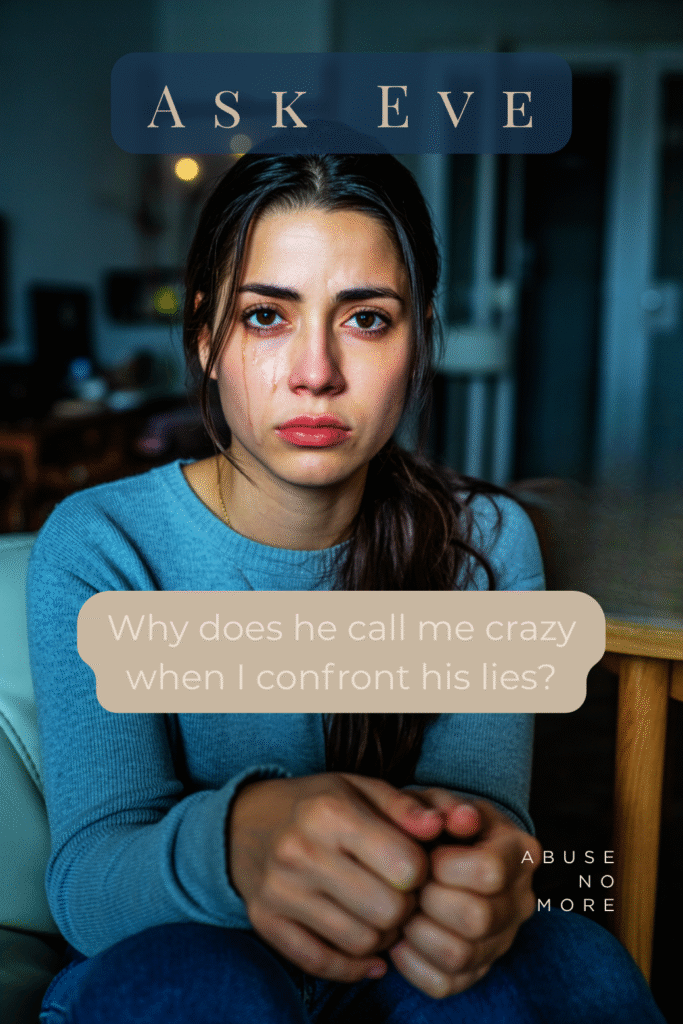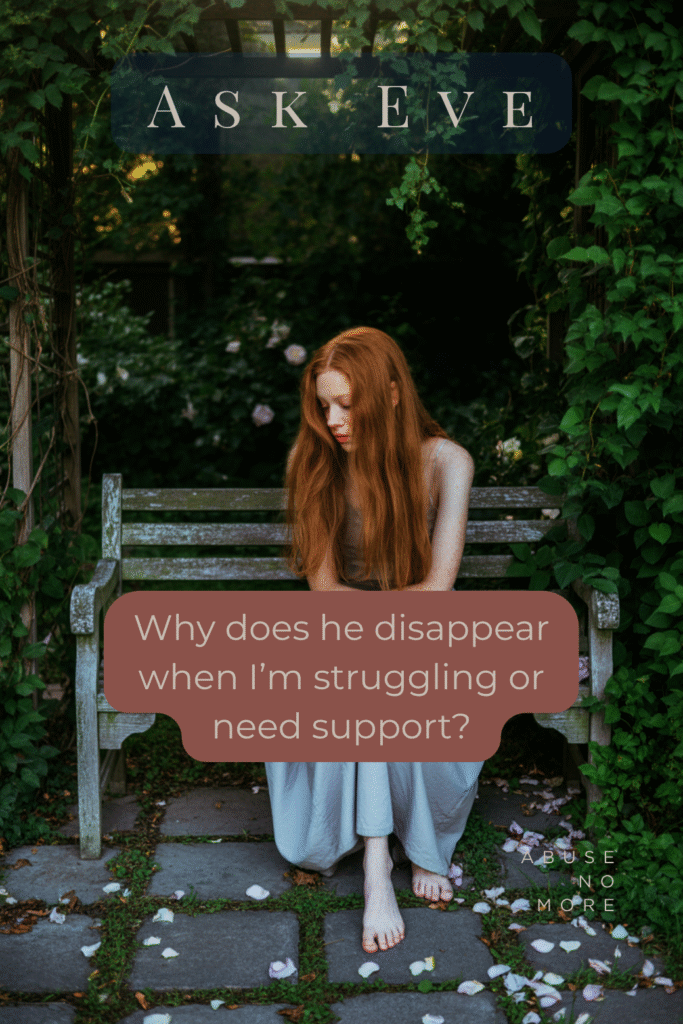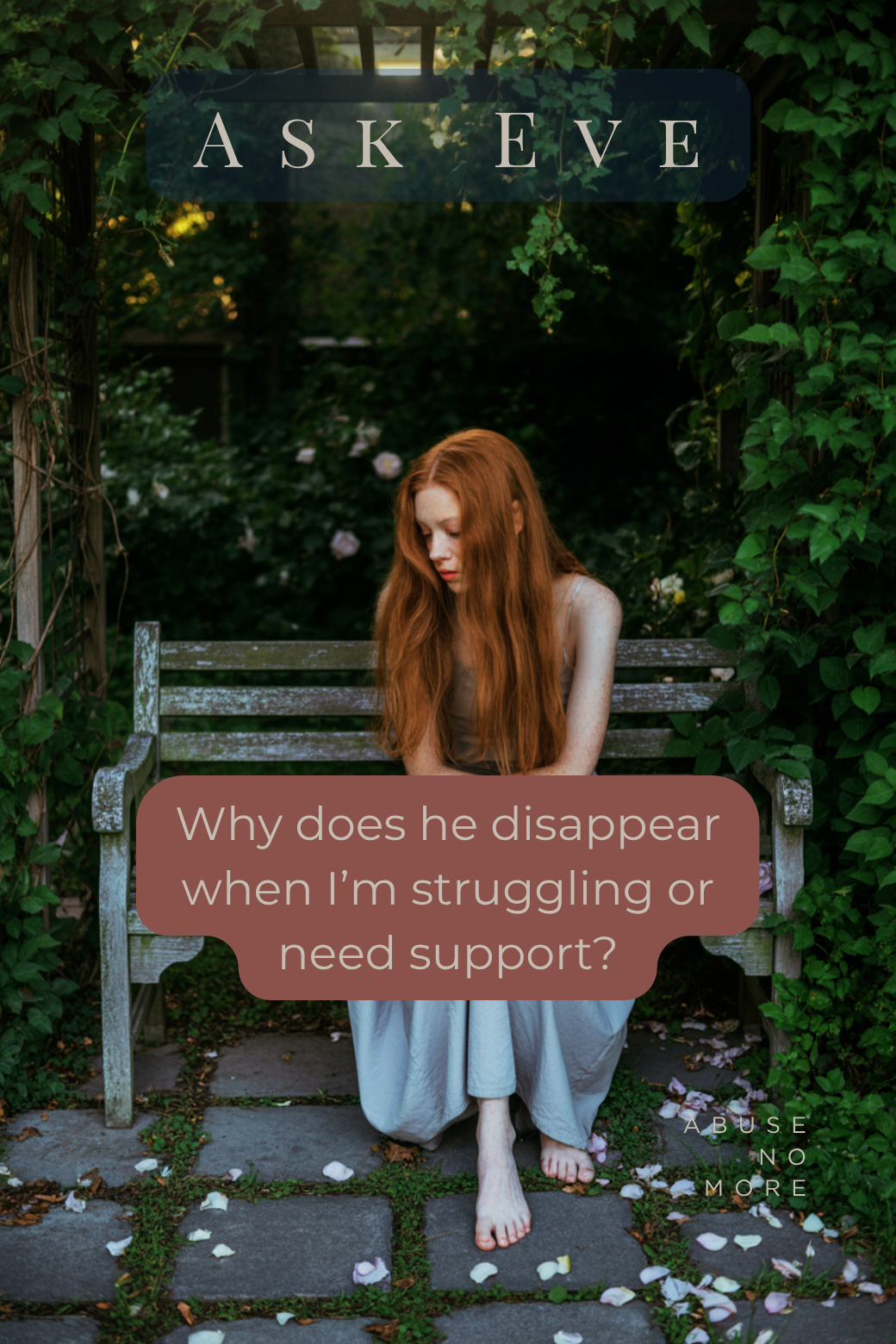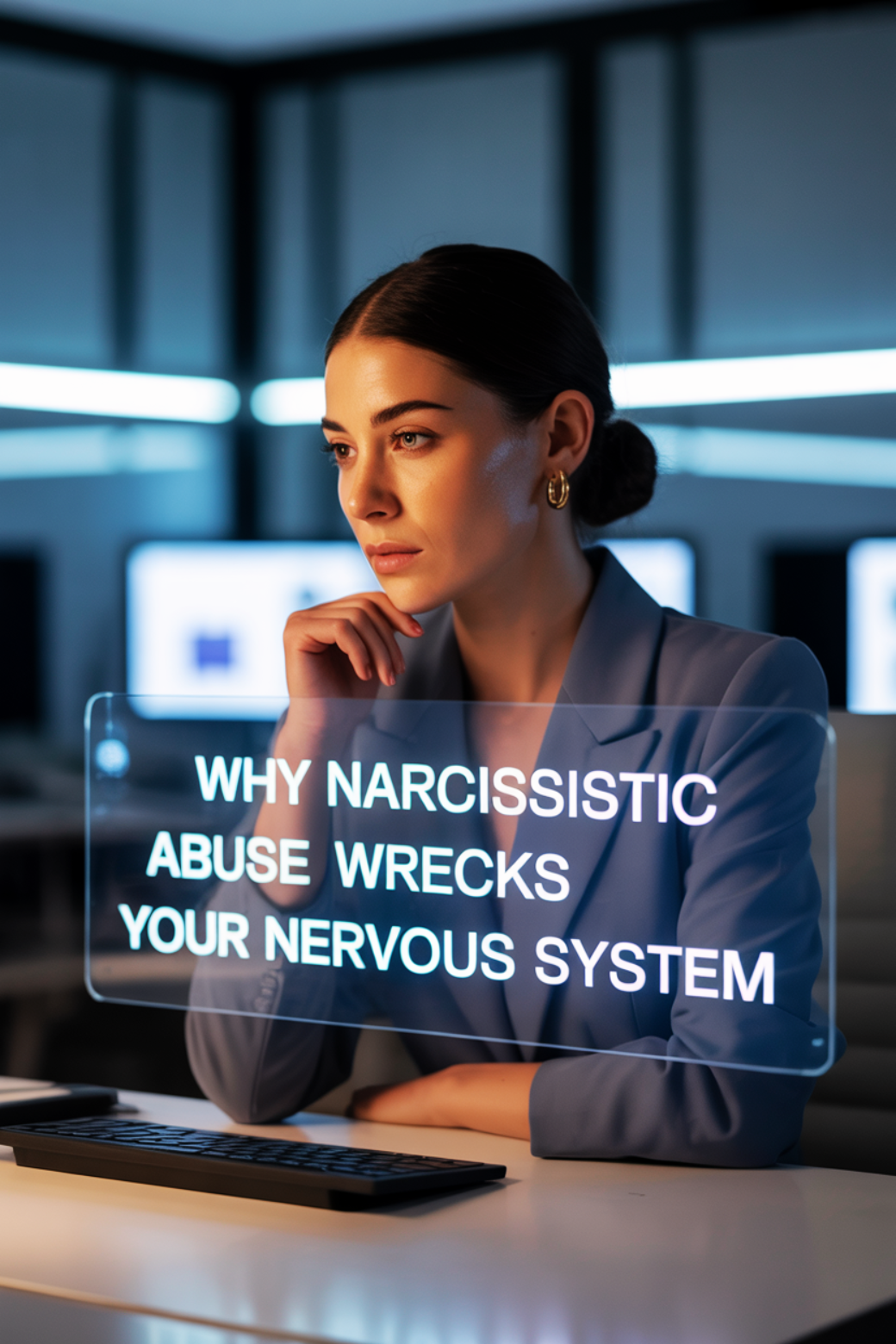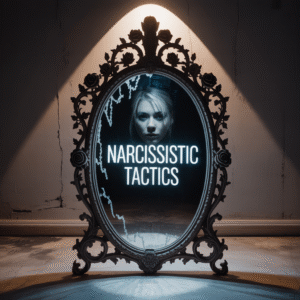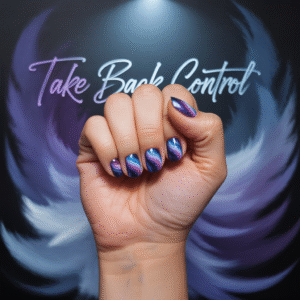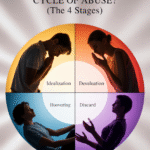Why does he say I’m the abusive one whenever I try to set a boundary?
The Issue:
Every time you try to protect your peace — you become the villain.
You say “I need space,” he says, “You’re abandoning me.”
You say “That tone isn’t okay,” he says, “You’re controlling me.”
You say “Stop yelling,” he says, “You’re gaslighting me.”
This isn’t misunderstanding. It’s DARVO:
Deny the abuse
Attack the victim
Reverse Victim and Offender
It’s a manipulation tactic that flips the script and makes you feel guilty for standing up for yourself.
🛠️ IMC Method™ Breakdown
✅
I – Identify
This is not you “being mean.” This is a trained deflection technique.
When someone flips your boundary into an attack:
- They’re not engaging — they’re escaping accountability.
- They don’t want to change — they want you to shut down.
It’s reactive abuse reversal. They poke, prod, provoke, and when you finally react?
BOOM — “See? You’re the problem.”
🚨 Red Flag: If every boundary you set gets spun into abuse, you’re not in a relationship — you’re in a control system.
✅
M – Minimize
Don’t engage in the guilt trap.
You’re not there to convince them your boundary is valid — because to them, any boundary is betrayal.
Instead:
- Stick to calm, firm statements. Don’t JADE: Justify, Argue, Defend, or Explain.
- Create scripts ahead of time so you’re not triggered into emotional defense.
Try this:
“It’s okay if you don’t like my boundary. It still stands.”
“You calling this abusive doesn’t make it true. I’m protecting my peace.”
✍️ Journal Prompt: “What boundary did I set, and how did he react? What does that say about his need for control?”
✅
C – Control
Here’s the truth: healthy people respect boundaries, even when they don’t like them.
So when someone calls your self-protection abuse, that’s a giant flashing signal that:
- They see boundaries as threats, not agreements.
- They see you as a source of supply, not a person.
How to respond:
- Stop debating. Start documenting.
- Set consequences: “If you continue to disrespect my boundaries, I will remove myself from the conversation/space/relationship.”
💣 If someone calls your boundaries abusive, it’s because abuse benefits them — and boundaries don’t.
💬 Final Word:
You are not the abuser for protecting your peace.
You are not “mean” for not bending.
You are not controlling for saying “no.”
That’s not abuse.
That’s healing in motion.
And to someone addicted to control? Healing is terrifying.
